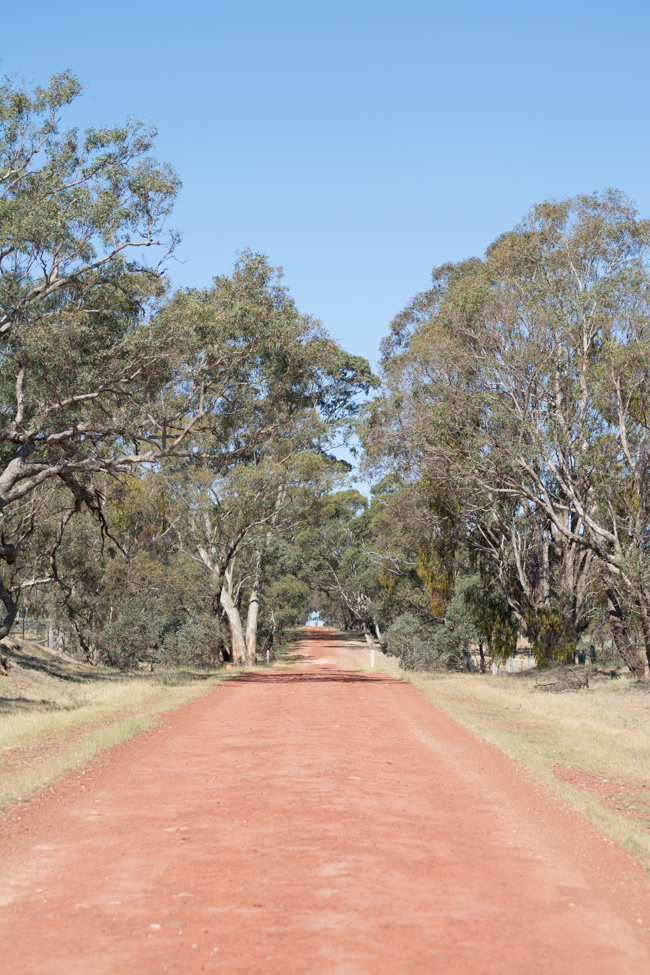A conscious community: Powlett Hill farm and mill
A little while ago, I came across Powlett Hill biodynamic stone ground whole wheat flour. On the back of the bag of flour I picked up, I read about the Fawcett family who have been farming at Powlett Hill in Campbelltown, Victoria since 1865. The story I read talked about how they adopted biodynamic farming methods in 2000 and how quickly they saw a change in the quality of the soil and pasture. As I did more research, I discovered they mill wheat, rye and spelt flour onsite, with specialty pasta makers in Victoria and South Australia producing their dried spelt pasta. I had been doing my own reading about biodynamic farming and stone milled flour, so I was excited to find people doing this locally and wanted to know more. Graciously, the Fawcetts welcomed me for a visit.
What I found was a busy farm and mill (in the middle of sheep mustering and shearing the day I visited!), and a family dedicated to their role as custodians of Powlett Hill. The Fawcetts are both proud of the farm’s 150 year old family heritage and how fifth generation Ben encouraged the adoption of biodynamic farming to respond to challenges they faced through conventional farming. They are now strong supporters of biodynamic farming, which they say: confirms to us the benefits of naturally grown food without the use of chemicals and synthetic stimulants producing vibrant healthy soils and in turn healthy plants, animals and healthy humans.
This awareness of the impact of their decisions and pursuit of integrity at every stage of the process was what struck me most on my visit to Powlett Hill. The Fawcetts have invested in biodynamic farming to improve the quality of their soil, to in turn enhance the quality and nutritional value of their crops. And in deciding to produce their own flour, they have chosen to use granite stones to mill the whole grain, distinct from the typical industrial steel roller mills that produce the refined white flour we mostly eat today.
Stone ground flour retains all parts of the grain, therefore preserving maximum nutrition. Put simply, refined white flour contains only the starchy endosperm of the wheat grain, which lasts longer because it is separated from its other components (the bran and germ) which release oils that make whole wheat flour more perishable, but also significantly more complex, flavoursome and nutritious because of their vitamins, minerals, antioxidants and fibre. When they put so much effort into their farming to produce the best grain they can, I can appreciate why the Fawcetts would want to retain this as much as possible in their flour.
As the process continues, a broader community becomes involved, such as the pasta makers, distributors, and the bakers and consumers who buy directly from them.
As I reflected on these relationships and the process from soil to seed to stone, I contemplated the web a whole community weaves to produce our food - one that is easy to become disconnected from in modern life.
With flour, we often see it as something so basic that we hardly think about it; or merely as an ingredient, a component of a larger creation, even when it is the key ingredient in our main staple – bread – and has the greatest potential to influence taste, nutrition and therefore our health. The same goes with picking up a packet of pasta at the shop – we might not stop to think about the farmers who have grown the grain, the miller who has made the flour which is transformed by the pasta maker for us to cook at home at our convenience.
Nature, the farmer, miller, pasta maker, baker and shopkeeper come together to not just produce our food but also enable us to create the meals we love and to celebrate life’s occasions, from our daily bread to Mum’s spaghetti bolognese or a friend’s birthday cake.
On returning home, knowing the provenance of my flour and pasta has brought them to life. When I look at a loaf of bread I’ve baked, I can connect the dots of how it came to be created in my kitchen. When I cook pasta, I am more mindful of the amount of work and care that has been taken to produce it and I want to make the most of it. This often means doing very little to it – like simply tossing through seasonal ingredients like peas, goats curd, young garlic, mint and lemon zest.
I feel richer for knowing the people and the process involved in bringing a meal to my table. As a result, I am more conscious and I am certainly more grateful.
Many thanks to the Fawcetts for allowing me visit and for sharing their story. Click here for more information on Powlett Hill and to try their flour and pasta yourself.











